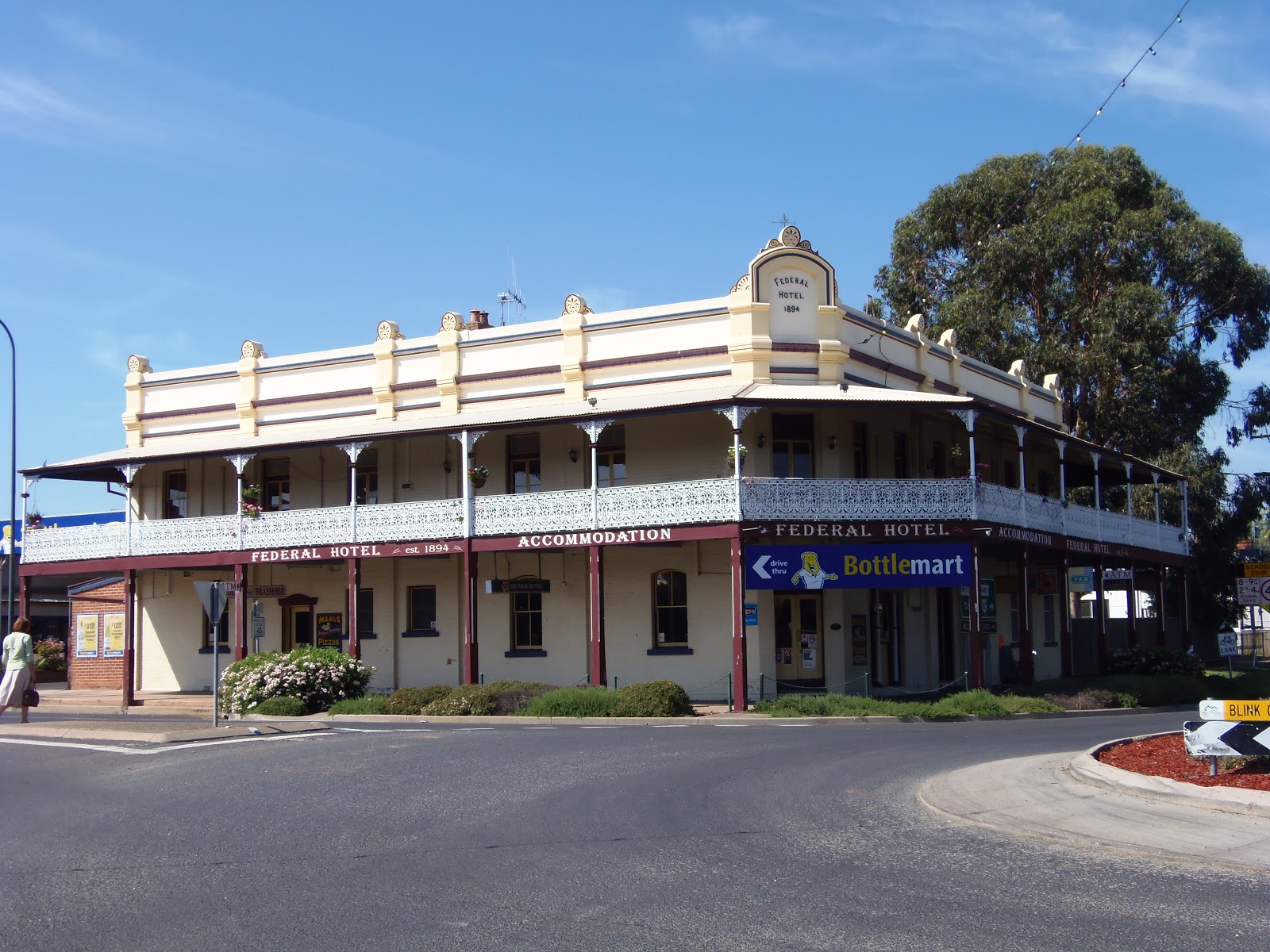There is a Museum in Town but you guessed right it is closed or by appointment only, why bother? So here is all that I could find out:
"The traditional Aboriginal Warathuri people, part of the Wiradjuri Nation, are known to have lived in the Wellington Valley for around 25000 years and many of their descendants still live in and around the Town. The first area to be settled was the Montefiores Village, named after J.B. Montefiores who took up one of the earliest grants in 1831, on the site of a ford across the Macquarie River. The Village was on the Cobb & Co route to the West and it had a number of Businesses, Inns, Stabling Yards and Stores. By 1858 it had been surpassed by the Town of Wellington and today it is a suburb of it.It is the second oldest Town west of the Blue Mountains, the valley being discovered by John Oxley in 1817. He named it "Wellington Vale" when he heard of the Duke of Wellington's victory at Waterloo. Official settlement occurred in 1823 and a Town was proclaimed in 1846. Cameron Park in the heart of town is where the Information Centre is located and a pleasant place to sit. A few pamphlets was all that I could get from the Centre. The Park was gazetted as Recreational Reserve as early as 1882, while it's present form is a result of work done in 1909 while T.H. Cameron was Mayor, and was named in his honour in 1910. It is now classified by the National Trust. Building of the Granite Cenotaph began in 1922 and was completed in 1933,a nice example I thought and the focal point of the park. It is getting late in the day now so I spent some time walking the streets to record what I could before moving on to Lake Burrendong.
Cameron Park Cenotaph
Wellington Railway Station
The Courthouse c1872
Kimbell's Bakery c1904
The Oxley Museum ex Bank of NSW c1883
Wellington Post Office c1904
NAB Bank c1883
The Pubs of Wellington
The Commercial c1865The Wellington c1880
Places of Worship
St Patrick's Catholic c1917
Convent of Mercy c1889
Anglican c1878
Other Historical Sites



















No comments:
Post a Comment